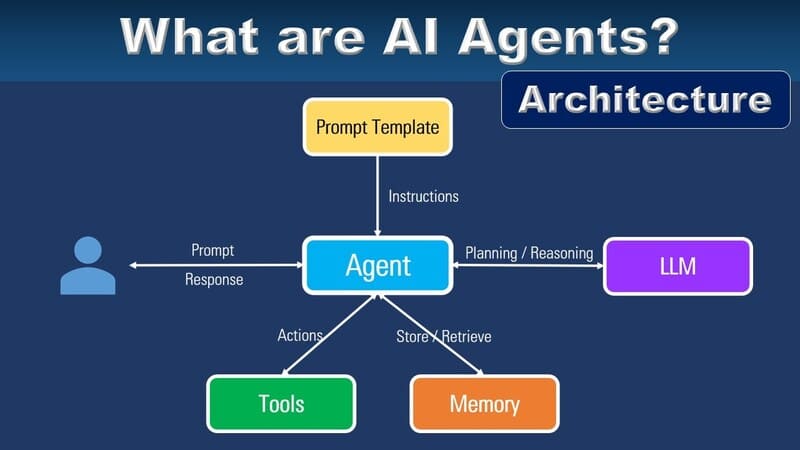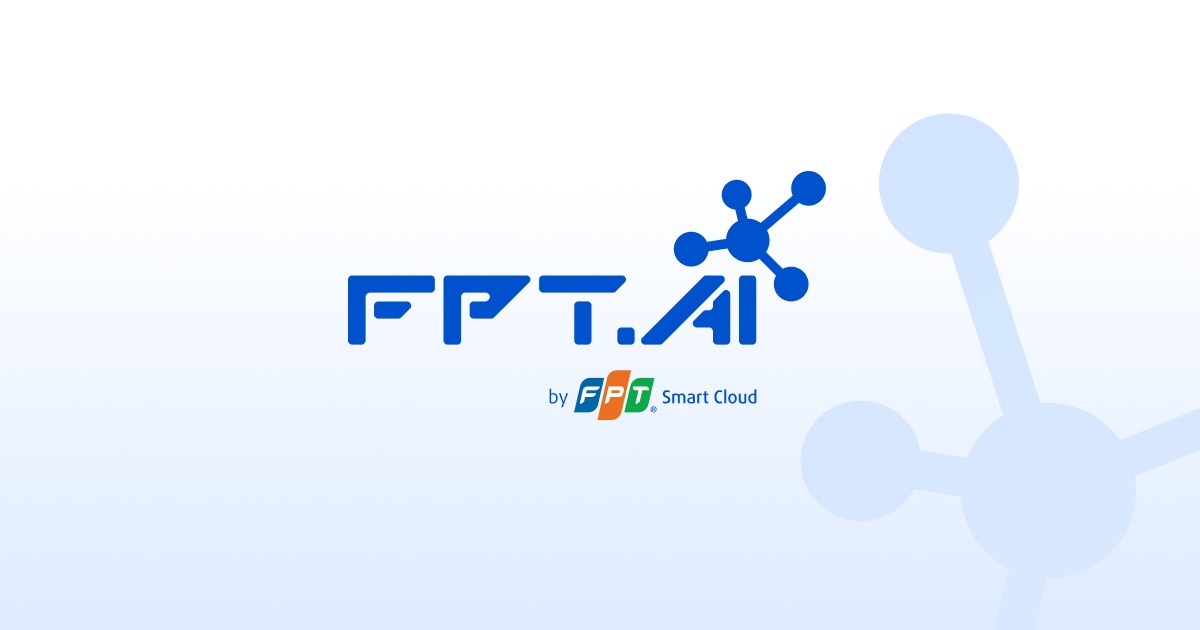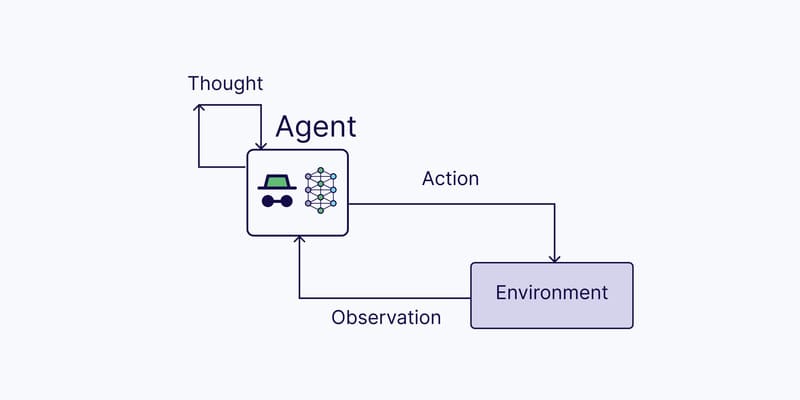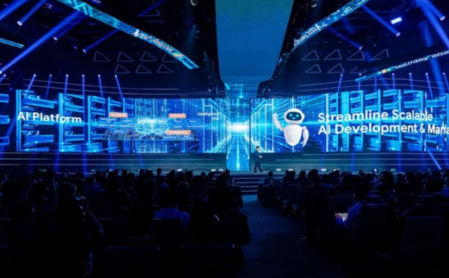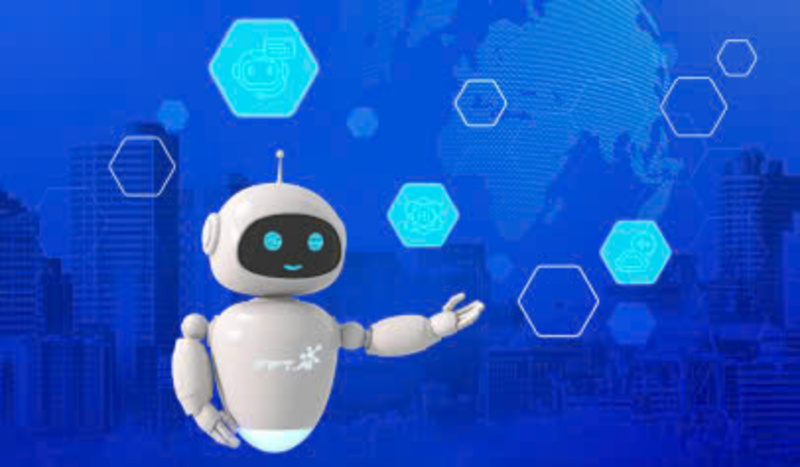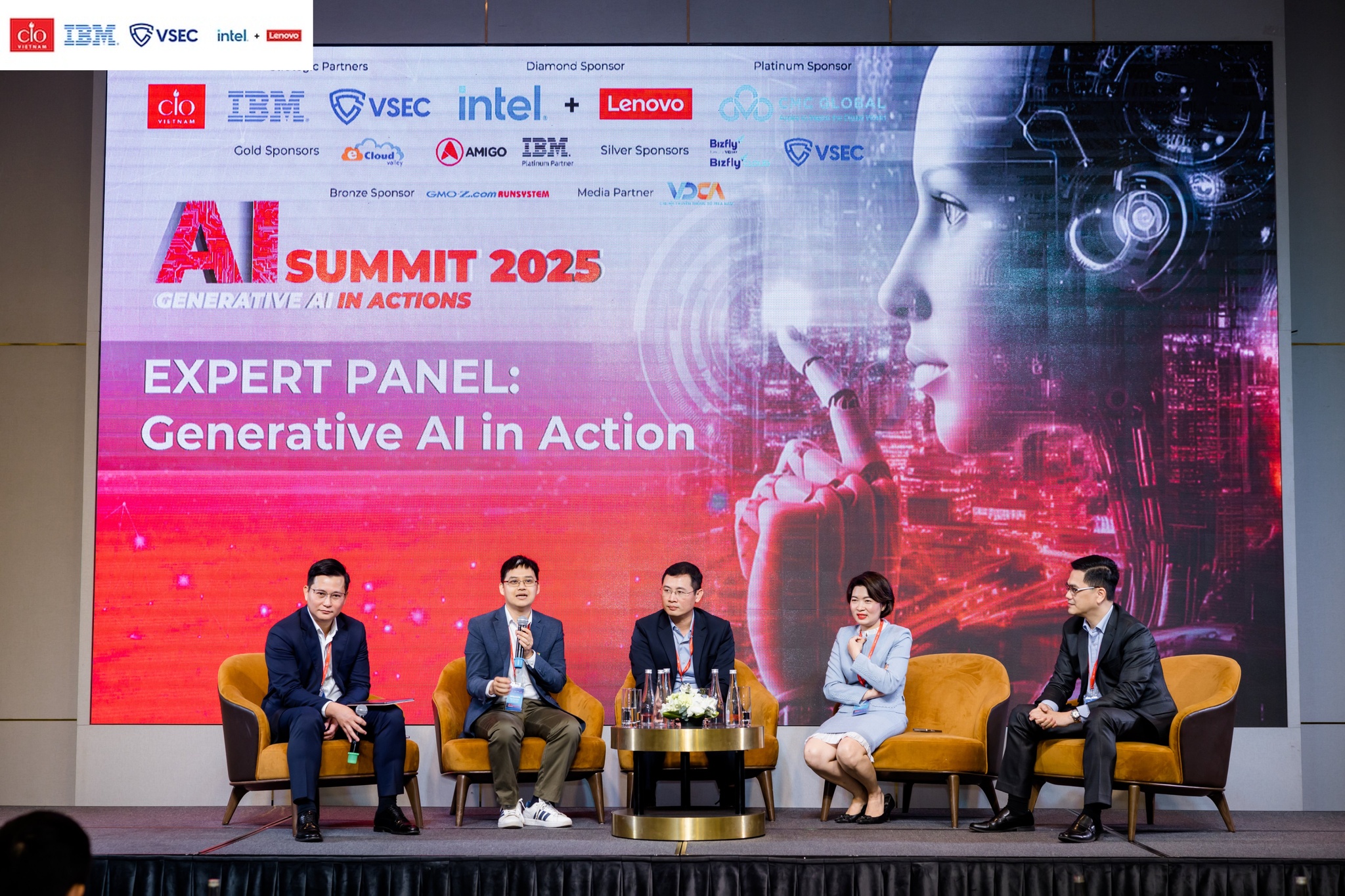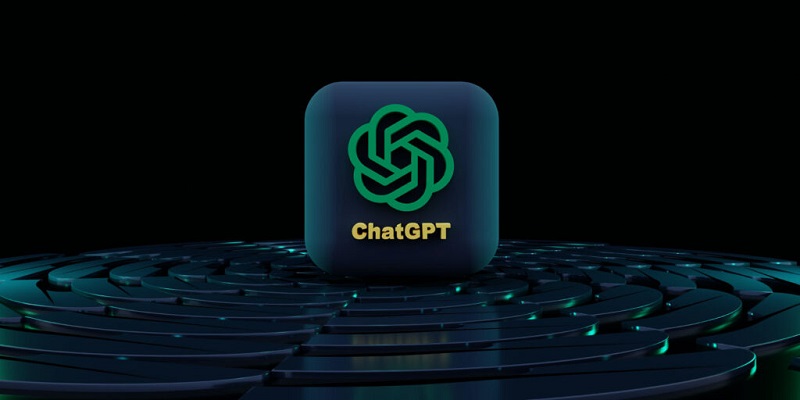Continuing Generative AI, Agentic AI emerges as a promising technology, ushering in a new era of autonomy and independent thinking for artificial intelligence applications. What exactly is Agentic AI, and how does it differ from Generative AI? Let’s explore with FPT.AI in the following article.
What is Agentic AI?
As a new branch of artificial intelligence, Agentic AI represents systems equipped with Reinforcement Learning, language self-awareness, and contextual decision-making capabilities. It can analyze, set goals, strategize, make decisions, and even adjust its behavior through trial-and-error mechanisms to ensure goal achievement without continuous human intervention.
One of Agentic AI’s standout features is its ability to “chain tasks”—breaking down complex missions into smaller, manageable steps that can be efficiently executed. For instance, when tasked with creating a website, an AI agent system can autonomously plan and execute steps such as:
- Designing the website structure and layout.
- Drafting content for individual pages.
- Writing necessary HTML, CSS, and backend code.
- Designing graphics and integrating visuals.
- Testing responsiveness and fixing any issues.

>>> Explore: What Are AI Agents? The Difference Between AI Agents and AI Chatbots
How Does Agentic AI Work?
Agentic AI operates through a four-step process to effectively and autonomously solve problems:
- Perceive: It gathers and processes data from various sources like sensors, databases, and digital interfaces. This step involves extracting meaningful features, identifying objects, and recognizing relevant entities to build a comprehensive understanding of the surrounding context.
- Reason: Large Language Models (LLMs) serve as reasoning engines, understanding tasks, generating solutions, and collaborating with specialized models to perform functions like content creation, image processing, or recommendation systems. Techniques such as Retrieval-Augmented Generation (RAG) are used to access proprietary data sources, enabling precise and contextually relevant results.
- Act: By integrating with external tools and software through APIs, Agentic AI quickly executes tasks based on predefined plans. Control measures ensure accurate task completion, such as capping spending limits for customer service agents.
- Learn: Through a continuous feedback loop called the Data Flywheel, Agentic AI learns from its interactions. Data is constantly collected and analyzed to refine models, adapt strategies, and enhance decision-making over time, thereby improving operational efficiency.
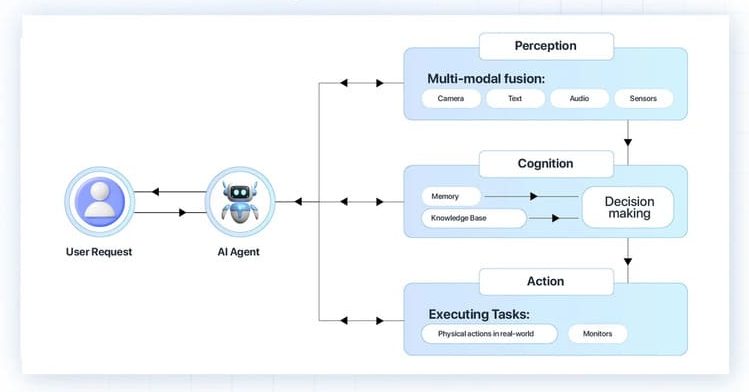
The Difference Between Agentic AI and Generative AI
Agentic AI surpasses both traditional AI systems and Generative AI (GenAI). Below is a comparison to clarify the differences:
| Feature | Traditional AI | Generative AI (GenAI) | Agentic AI |
| Core Capability | Automates repetitive tasks with fixed rules. Relies on human programming and oversight. | Creates new content like text, images, audio, and code. Operates based on human commands, enhancing creativity and efficiency. | Acts autonomously, setting goals, strategizing, making decisions, and executing actions independently. |
| Autonomy | Lacks autonomy; follows pre-programmed rules. | Limited autonomy; depends on human guidance for context and output. | High autonomy; makes decisions and acts without continuous human intervention. |
| Learning | Cannot learn; executes pre-set rules. | Learns from large datasets to improve results but requires human prompts to act. | Learns from experience, adapts over time, and optimizes actions and goals autonomously. |
| Responsiveness | Predefined responses, static reactions. | More flexible responses based on context but relies on user commands and training data. | Proactively adapts strategies and goals based on situational context and objectives. |
| Decision-Making | Limited, rule-based. | Suggests ideas based on prompts. | Sets goals and makes contextual decisions independently. |
While both technologies fall under artificial intelligence, they cater to distinct purposes. Agentic AI focuses on autonomous actions and complex task execution without continuous oversight, while GenAI relies on human input to determine the context and goals for creative outputs.
The core distinction lies in their outputs: GenAI produces creative content, while Agentic AI delivers actionable solutions and decisions. Together, they can form powerful systems that combine creativity with automation, enhancing efficiency across diverse applications.
Real-World Applications of Agentic AI
Agentic AI holds vast potential for applications across various industries. Here are some notable examples:
- Business Operations: Handles massive datasets, automates supply chain management, optimizes inventory levels, forecasts demand, and manages complex logistics plans in real-time, enhancing efficiency and reducing costs.
- Healthcare: Functions as 24/7 health assistants, personalizing treatment plans and offering proactive care by predicting potential health issues through Big Data analysis.
- Software Development: Manages the entire software development lifecycle, from designing architecture and coding to debugging and quality assurance, revolutionizing how digital products are built and maintained.
- Cybersecurity: Monitors network traffic, detects anomalies, and addresses real-time threats without human oversight, allowing experts to focus on complex challenges.
- Human Resources: Automates tasks like candidate screening, interview scheduling, onboarding, and training while providing personalized career development advice.
- Scientific Research: Accelerates breakthroughs by automating experiments, analyzing results, and formulating new hypotheses, driving innovation across various scientific fields.
- Finance: Revolutionizes portfolio management, market trend analysis, and real-time investment strategies, enabling higher returns for investors.
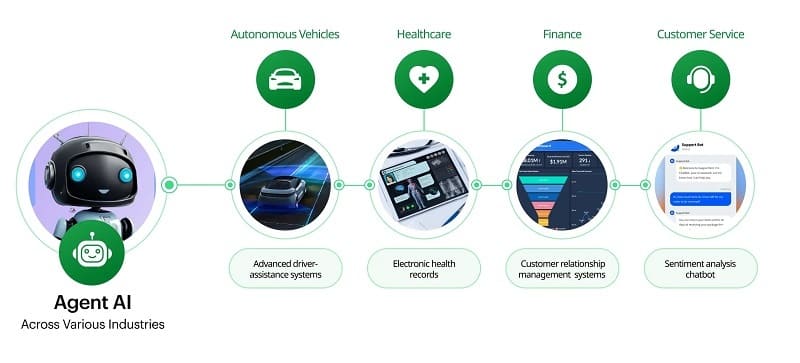
Why Is Agentic AI a Promising Technology Trend?
Agentic AI is gaining significant attention in the tech world for the following reasons:
- High Autonomy: Operates independently, making it invaluable for tasks requiring constant monitoring or rapid decision-making.
- Problem-Solving Capabilities: Combines machine learning with goal-oriented behavior to provide innovative and efficient solutions.
- Flexibility and Adaptability: Adjusts strategies dynamically based on new information or environmental changes.
- Personalization: Delivers tailored solutions by learning from previous interactions, enhancing customer service processes.
- Scalability: Deployable across various applications and industries after training, enabling rapid and effective transformation.
- Enhanced Communication: Processes natural language effectively, facilitating seamless human interaction and control.
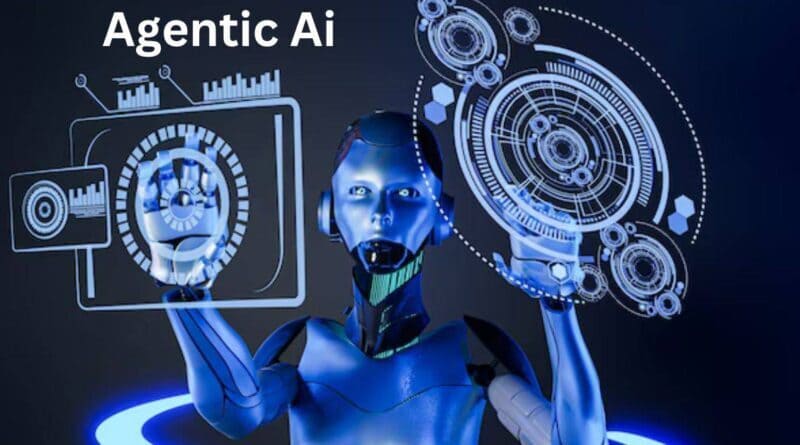
Challenges in Deploying Agentic AI
Despite its potential, implementing Agentic AI poses significant challenges:
- Security Risks: Independent decision-making can expose systems to vulnerabilities, such as adversarial attacks, requiring robust security measures.
- Unintended Behaviors: Autonomy may lead to unforeseen actions, necessitating transparent decision-making frameworks for effective management.
- Resource Costs: Large-scale Agentic AI models demand substantial energy and data, raising sustainability concerns.
- Ethical and Social Issues: Concerns include job automation, accountability for AI-driven decisions, and biases in training data affecting outcomes in sensitive areas like law enforcement or recruitment.
- Human Oversight: Developing safety mechanisms like kill switches to control autonomous systems is complex, raising concerns about alignment with human values.
In conclusion, Agentic AI offers vast potential for enhancing efficiency and automation across industries. However, balancing AI autonomy with human oversight is crucial to fully realizing its capabilities. For more information on FPT.AI solutions, contact us via email: support@fpt.ai or hotline: 1900 638 399.
>>> EXPLORE:






